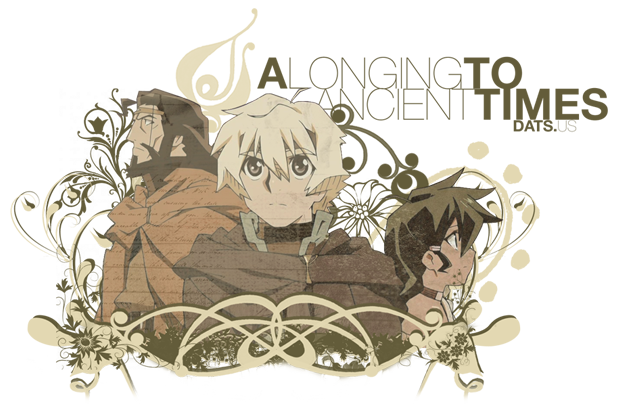Johnzaloog
DATS Yu-Gi-Oh! Official
[Japanese] Brother, my brother.
I've heard several variations of the word brother in different animés and I was wondering the conditions of each, I'm excluding Aniki from the list as I know what it means.
Niichan
Onii-chan
Niisan
Oniisan
I've heard several variations of the word brother in different animés and I was wondering the conditions of each, I'm excluding Aniki from the list as I know what it means.
Niichan
Onii-chan
Niisan
Oniisan
